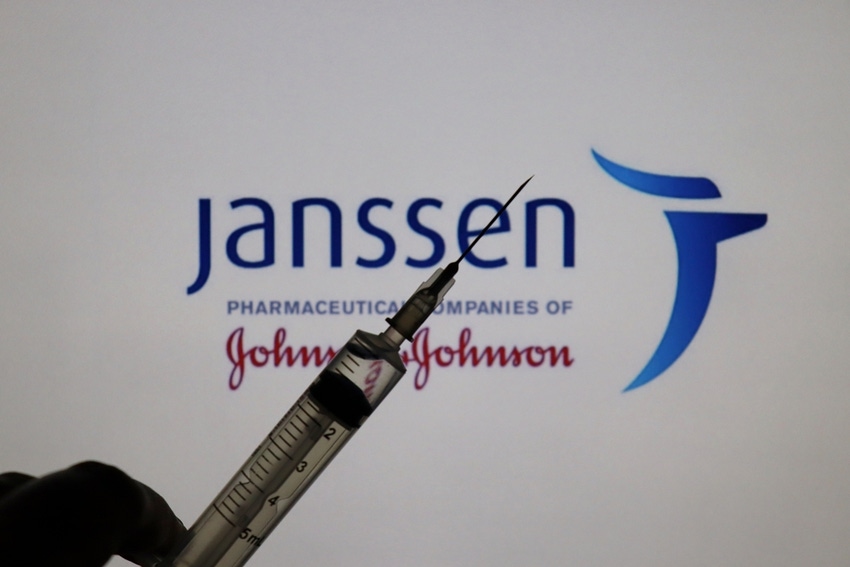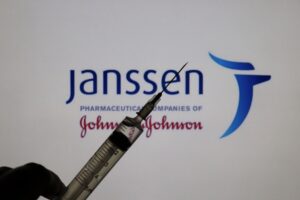Content Spotlight
Podcast: MilliporeSigma says education vital to creating unbreakable chain for sustainability
MilliporeSigma discusses the importance of people, education, and the benefits of embracing discomfort to bolster sustainability efforts.

Johnson & Johnson (J&J) says it remains agnostic to modality type in favor of the end user despite its recent efforts in the cell and gene therapy (CGT) space.
At last week’s Bernstein’s 39th Annual Strategic conference, Johnson & Johnson was asked about its strategy to evolve its pipeline, specifically with new technologies and modalities including CGTs, mRNA, gene editing, and gene silencing.
“We are already in-house in cell therapy and in gene therapy,” stated CEO Joaquin Duato, referencing the commercial chimeric antigen receptor T-cell (CAR-T) therapy Carvykti (ciltacabtagene autoleucel; ciltacel) for multiple myeloma therapy, which pulled in $72 million in sales in the first quarter 2023.

Image: DepositPhotos/
BrendaRochaBlossom
He also pointed to the recent $245 million partnership with Cellular Biomedicine Group to advance, produce, and commercialize CAR-T cell therapies for the treatment of B-cell malignancies.
“When we tell you that we think we’re going to have best-in-class CAR-T therapies in B-cell malignancies, it is because we have a good insight on what this deal with Cellular Biomedicines could be. It brings two CAR-Ts, one CD19 and one CD20. So we are building a strong capability in cell therapy.”
Duato also reminded investors of J&J’s inhouse gene therapy pipeline, targeting ophthalmology conditions including achromatopsia and retinitis pigmentosa.
“We think that our ability to partner and to license would help us if the modality is useful in the diseases that we are working [on] to access other technologies like RNA therapeutics. So we feel confident that we have the right toolbox to be able to participate in any given modality.”
However, Duato was unwilling to label J&J as a modality-focused company, instead describing his firm as “disease-centric,” and “not modality-centric.”
He continued: “We focus on the diseases and then we identify what modality is the one that is going to work better. And in order to work in that vein, you have to be somehow agnostic to the modality and maintain the flexibility to utilize the modality that is more appropriate for a given disease.”
You May Also Like